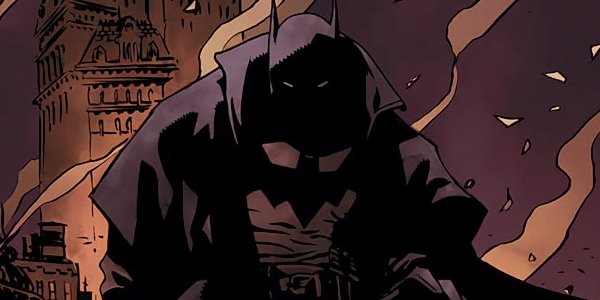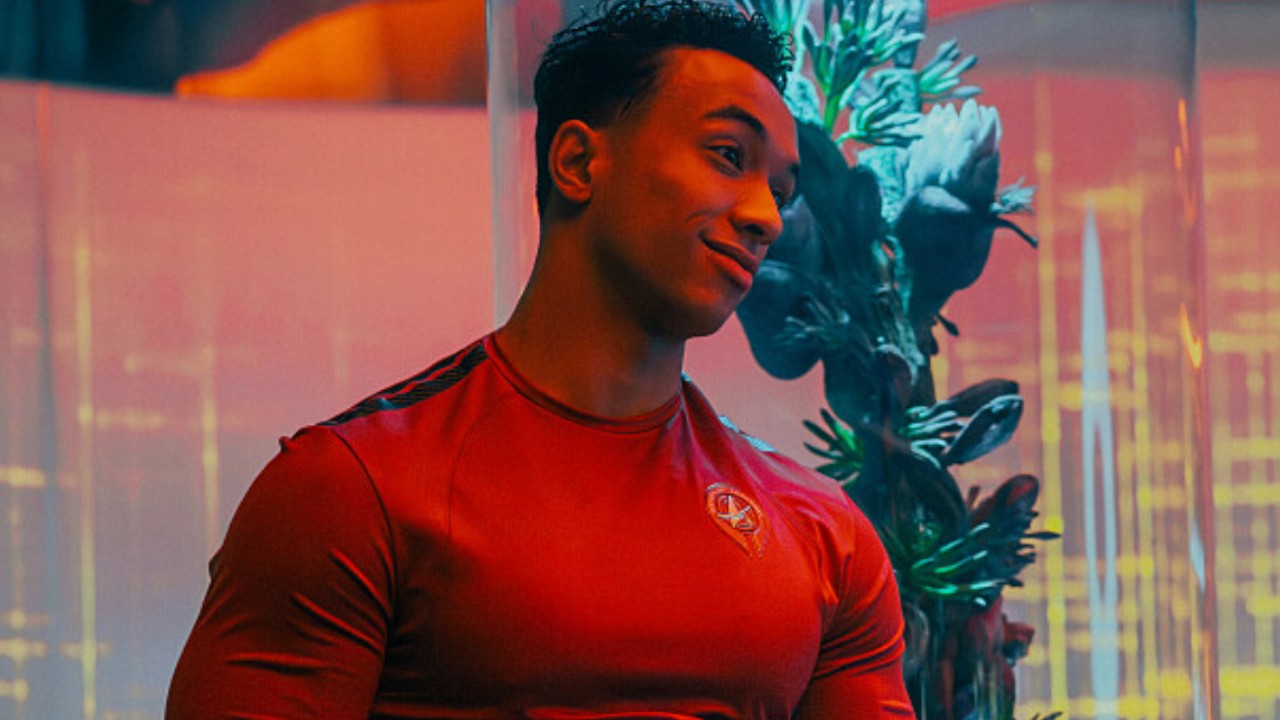Now Is The Time For DC To Commit To Elseworlds Stories

Your Daily Blend of Entertainment News
You are now subscribed
Your newsletter sign-up was successful
The DC Extended Universe has spent most of the last year on shaky ground. Zack Snyder's Justice League made far less than expected when it hit theaters in November, and while there are three new in-continuity releases scheduled to arrive between now and the end of 2019, there has been hesitation from the studio to officially slate anything beyond that. Now we have the news that Henry Cavill is potentially leaving the role of Superman -- and it seems to leave the franchise at an important crossroads. In fact, this moment feels like a perfect opportunity for a key change in strategy, namely by slowing down cinematic universe plans in favor of a greater commitment to the concept behind Elseworlds stories.
For those who don't recognize the name, Elseworlds was an imprint designed as a branch of DC Comics in the late 1980s. Essentially a continuation of what had been previously dubbed Imaginary Stories, the idea behind the brand was as an avenue for writers and artists to use DC characters without having to worry about established continuity. It allowed for tons of creative freedom, letting auteurs tell the stories they wanted to tell the way they wanted to tell them -- and thanks to the multiverse every idea could still be potentially linked back through various narrative machinations. Interestingly, it was basically the same idea that was employed by DC movies pre-2013, all stories standing on their own, but now that the audience has deeper appreciation and openness for this kind of storytelling, there exists a chance to evolve the concept into something bigger and amazing (and obviously with a focus that extends far beyond just projects about Batman and Superman and their related characters).
Hollywood has been on a cinematic universe high ever since The Avengers in 2012, but instead of Warner Bros. and DC Comics trying to copy the model (which hasn't really worked to date), the best audible to call may be doing the inverse. Rather than signing stars for huge, long-term contracts, and having a bunch of writers and directors operating in the same sandbox, the studio could instead offer actors and filmmakers opportunities without all of the strings attached -- a creative endeavor with a built-in audience that can have potential for a future, but also operate autonomously. The goal would be to bring in names who might otherwise not want to deal with the continuity of a multi-faceted franchise, and create stories that can't necessarily cohabitate with already established material.
Interestingly, Warner Bros. and DC are already experimenting with this idea in the form of Todd Phillips' Joker -- which stars Joaquin Phoenix as the titular crown prince of crime and has no relation to the version of the character portrayed by Jared Leto in David Ayer's Suicide Squad. The key is just expanding on the approach, even with films that are still making their way through development as DC Extended Universe projects. The one that stands out it Matt Reeves' developing vision for Batman, especially given Ben Affleck's questionable standing as the Caped Crusader, but Ava Duvernay's New Gods could be totally let loose; and it can even be applied to projects like Birds of Prey and Batgirl - which could exist together as an independent two-part story that watches Barbara Gordon go from working as the wheelchair-bound Oracle to her return wearing the cape and cowl.
So what do you do with the DC Extended Universe? It can continue to operate, particularly off the back of its greatest strengths, but the extreme emphasis on it can be minimized -- allowing it to exist as one of many worlds to explore rather than the Official Existence Of DC Heroes On The Big Screen. We can continue to see Gal Gadot and Jason Momoa as Wonder Woman and Aquaman, for example, in a shared universe, going on respective or team-up missions, but at the same time there will be other blockbusters released featuring the Themyscira and Atlantis royals played by different stars going on their own unique adventures.
This would obviously be a big undertaking, particularly in ensuring audiences understand the approach, and ensuring that any kind of tectonic shifts don't wind up screwing the releases of Aquaman, Shazam!, and Wonder Woman 1984. At the same time, though, Henry Cavill's departure may be the perfect spark to light the deconstruction powder keg. Rather than having the pressure of finding the single actor who will define Superman for a generation, one might think it a better idea to first find a filmmaker with a legitimate Man of Steel story to tell, and then cast based on that approach. And then if there is another writer and/or director out there with a radically different idea, perhaps that gets entertained as well, and finds its own proper performer for the gig.
Right now the image of Henry Cavill no longer playing Superman looks like a big public relations mess for the DC Extended Universe -- but it could also wind up being a major catalyst for change with the right stratagems employed. And if the end result is a lot phenomenally talented people interested in making fascinating, unique, personally-stamped superhero movies then everybody wins.
Your Daily Blend of Entertainment News

Eric Eisenberg is the Assistant Managing Editor at CinemaBlend. After graduating Boston University and earning a bachelor’s degree in journalism, he took a part-time job as a staff writer for CinemaBlend, and after six months was offered the opportunity to move to Los Angeles and take on a newly created West Coast Editor position. Over a decade later, he's continuing to advance his interests and expertise. In addition to conducting filmmaker interviews and contributing to the news and feature content of the site, Eric also oversees the Movie Reviews section, writes the the weekend box office report (published Sundays), and is the site's resident Stephen King expert. He has two King-related columns.
